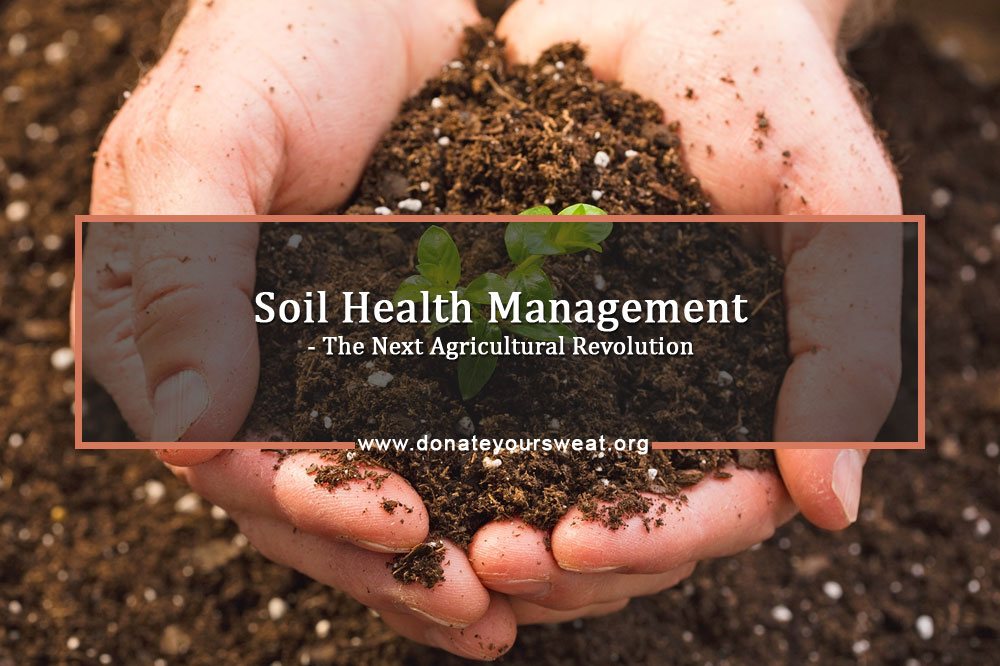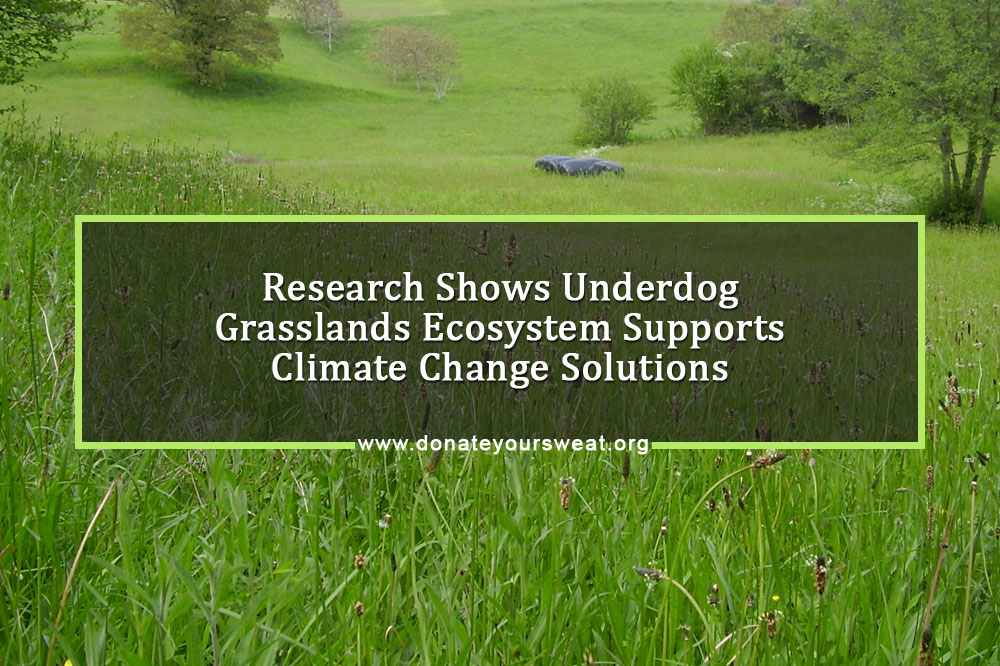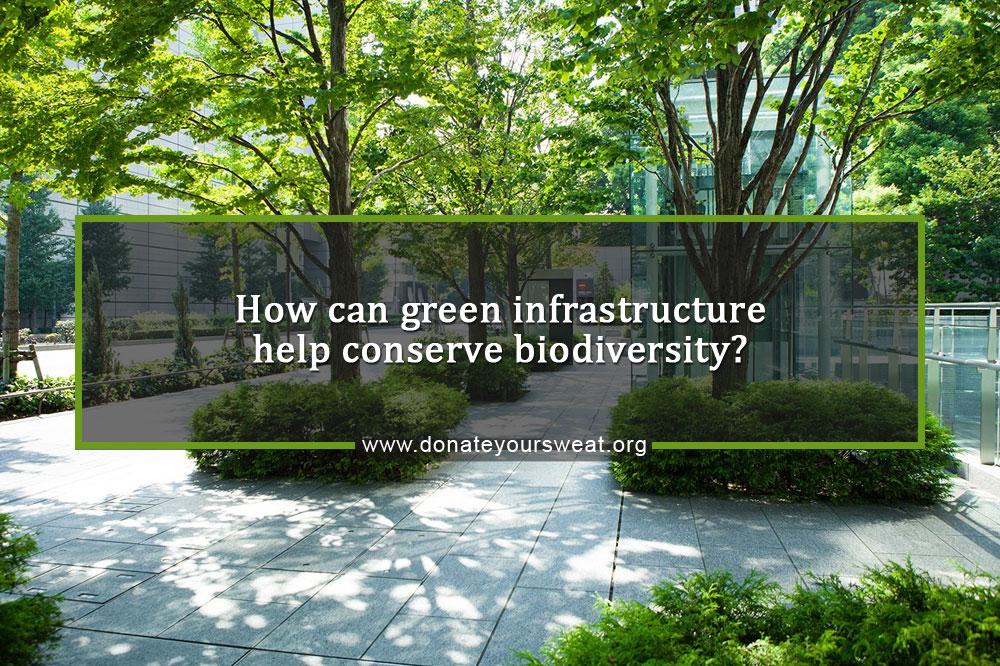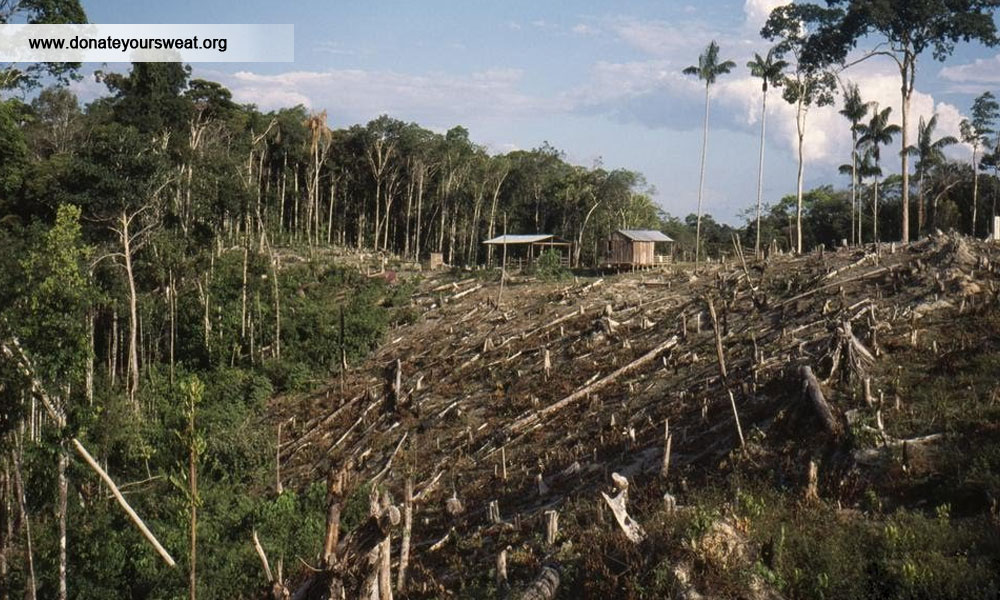Innovation is essential to develop the agriculture sector. In fact, it is the advancements in this sector during the 20th century that has enabled the farmers to feed the people despite the phenomenal growth in population to 7 billion from less than 2 billion.
However, the demand for food is continuing to grow. As the lands get exploited, yields are declining. The world is looking up to the farmers to initiate another agricultural revolution. According to the United Nations Food and Agriculture Organization or UNFAO, a 60 percent increase in agricultural production would be required by 2050 in order to feed the people around the world.
Breakthroughs in agriculture that have been achieved in the past have impacted both nature and people in a serious way. The change in climatic conditions is further deteriorating the situation. It is, therefore, clear that the next revolution in this sector has to address the need to increase food production, keeping in mind the sustainability aspect in mind.
Upcoming Revolution
Actually, there is a solution to this problem. About three-fourths of the fresh water available around the world is used for food production. Moreover, 95 percent of the food production happens on land. Historically, people have not paid enough attention to maintaining the health of soils. Case studies and data have clearly established the fact that soil health is critical when it comes to sustaining agricultural production in the longer term. In fact, Franklin Delano Roosevelt’s statement “A nation that is destroying its soil is destroying itself” puts the whole aspect in the right perspective.
Many countries have effectively controlled soil erosion and have given a lot of importance to soil conservation. However, the soil is still being eroded in many places around the planet at such a fast rate that nature is not able to replace the same. This results in the inability of the soil to function physically and biologically. It is, therefore, very important that we take soil health seriously for the purpose of achieving long-term food security and protecting the environment and communities.
Hundreds of years are required to geologically develop the soil. Fortunately, farmers have shown that it is possible to improve the soil condition in a few years’ time by increasing the organic matter content and employing soil health management systems. This shows that regenerative agricultural practices are possible.
According to the UNFAO, the three major threats to soil health are soil erosion, soil organic carbon, and soil nutrient imbalance. The FAO recently said that there is an intimate relationship between these threats. For example, increasing the organic carbon in the soil helps to improve soil nutrient imbalance and prevent soil erosion.
What Next?
Efforts employed to improve soil health may not be publicized much but it could turn out to be the greatest endeavour of this century. It is the only way to meet the mushrooming demand for food and strengthen the health of nature and the communities. Innovations in this field have to be properly supported. In addition, it should be ensured that the farmers are encouraged to bring about a paradigm shift in their thinking.
In fact, we should grab the opportunity to take ownership of the land that is feeding us and our next generation.
Participate in soil health volunteering programmes and food crisis volunteering work, support farmers, and encourage consumers to join the revolution by creating awareness. The next agricultural revolution is all set to begin right now.






